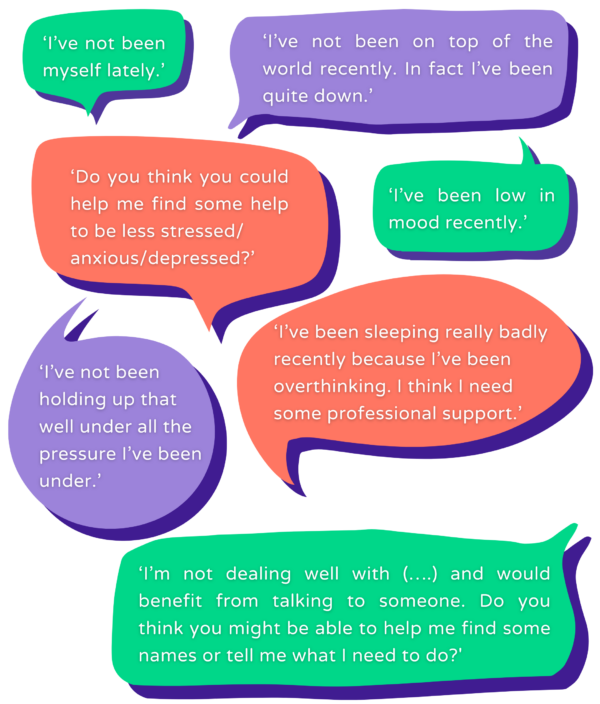Mental ill health affects all, it does not make choices. Engaging boys and men in taking steps to recognise and accept early intervention has got to be a focus moving forward if serious mental illness and tragic consequences are to be prevented.
To do this, we need to convey to boys and men that it’s no shame to admit to a mental health issue, just as they wouldn’t find it embarrassing to admit to having a physical health problem.
Why is this needed?
*In a representative survey for England.
Resources to support boys’ and young men’s mental health
For boys and young men
For boys and young men
For parents and carers
For parents and carers
General male mental health resources
General male mental health resources
Data sources
-
- Movember – Visit website
- McManus S, Bebbington P, Jenkins R, Brugha T. (eds.) (2016) Mental health and wellbeing in England: Adult Psychiatric Morbidity Survey 2014. Leeds: NHS Digital – View report
- The Mental Health Foundation – Visit website
Did you find this page helpful?







